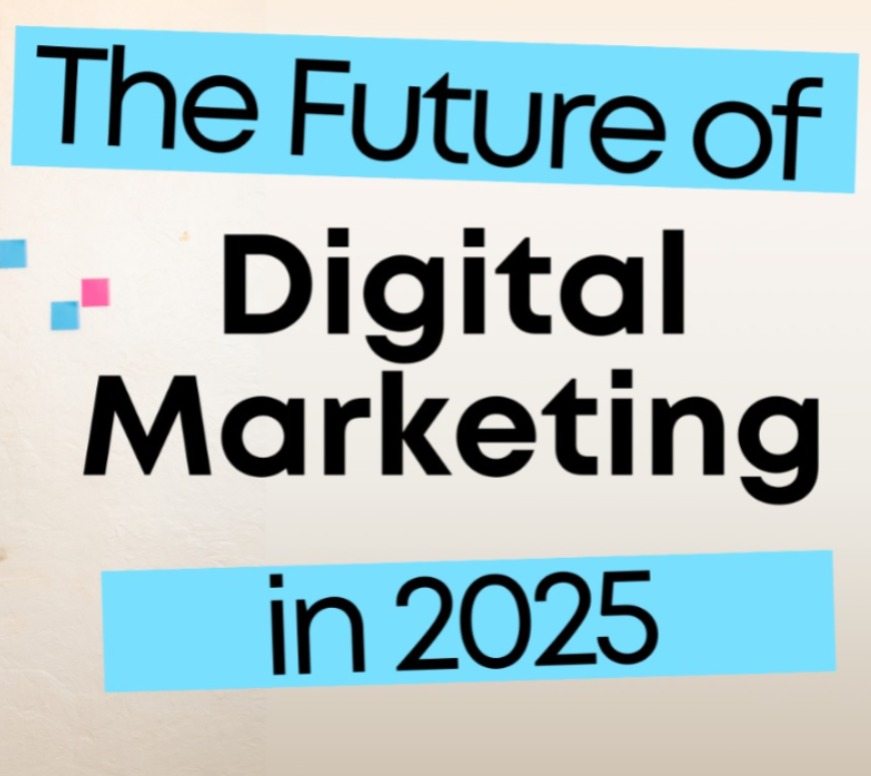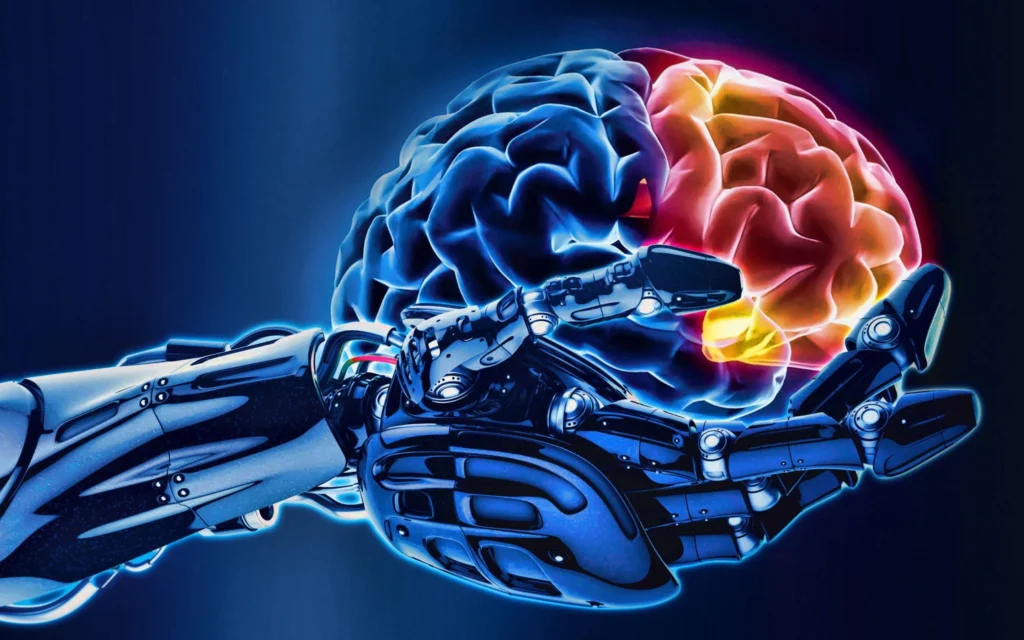
Introduction Future of Digital Marketing:
The world of digital marketing is constantly changing, and it is important for every business to stay up-to-date. With new technologies and changing customer preferences, the future of digital marketing looks both exciting and challenging. In this post, we will explore the main trends shaping the future of digital marketing, explained in an easy-to-understand way.
Digital marketing has a bright future ahead of it. From social media to video content, AI to AR, marketers must keep up with the latest developments and adjust to shifting market conditions. Businesses may thrive in this rapidly evolving world by emphasizing individualized experiences, openness, and creative participation. Adopt these trends and begin developing your digital marketing tactics right away if you want your company to remain ahead of the competition.
1. Artificial Intelligence (AI) and Automation

AI is changing the way marketers work. It helps businesses understand customers better and save time by automating repetitive tasks. In the future, AI will remain a vital tool for creating personalized ads and improving customer service.
Example:
Netflix uses AI to recommend movies and TV shows you have watched before. Similarly, chatbots on websites provide instant customer support, answering basic questions without any human involvement.
2. Voice Search Optimization
With the growing popularity of voice assistants like Alexa, Google Assistant, and Siri, voice search is becoming more common. More people are using voice commands to find information online, and this changes the way content is optimized.
Example:
When typing, people might search for “best Italian restaurants,” but with voice search, they might ask, “Where is the best Italian restaurant near me?” Marketers need to adjust their content to the natural, conversational language people use.
3. The Power of Video Content
Video content is already popular, but it will be even more so in the future. Short-form videos on platforms like TikTok, Instagram Reels, and YouTube Shorts are capturing people’s attention. Videos help brands share stories in a fun and engaging way, and they also reach a larger audience.
Example:
A cooking brand might create short, step-by-step recipe videos that are easy to follow. These videos are more engaging than long written recipes and have a higher chance of going viral on social media.
4. Augmented Reality (AR) and Virtual Reality (VR)
AR and VR are technologies that create immersive experiences for customers. Brands are using AR to allow customers to try out products virtually before making a purchase, making shopping easier and more enjoyable.
Example:
IKEA’s AR app lets customers see how a piece of furniture will look in their home before buying it. This feature not only improves the shopping experience but also helps customers make informed choices.
5. Social Commerce: Shopping via Social Media
Social media platforms are no longer just for sharing photos and updates. They are becoming important shopping destinations. People can discover, review, and purchase products directly on platforms like Instagram, Facebook, and TikTok.
Example:
Instagram allows brands to create posts that contain product links. Users can click on these links and purchase the product without leaving the app. This seamless process makes it easier for customers and helps brands increase their sales.
6. Privacy and data security
As consumers are becoming more aware of how their personal information is used, privacy and data security are becoming very important. Marketers need to be transparent about how they use customer data and ensure their practices are secure. Trust is the foundation of future digital marketing.
Example:
Apple has introduced the “App Tracking Transparency” feature, which gives users more control over how their data is shared. Brands that focus on privacy will build better trust and loyalty with their customers.
7. Personalized customer experience
Personalization is the key to winning customer loyalty. In the future, digital marketing will focus more on providing personalized experiences such as custom ads, emails, and product recommendations. Personalized marketing helps brands connect with customers on a deeper level.
Examples:
Spotify creates personalized playlists based on your music taste, and Amazon shows products similar to your previous purchases. These personalized experiences make users feel valued and keep them engaged with the brand.
Want to know how you can use these trends to grow your business? Follow our blog for more updates and practical tips on digital marketing!






